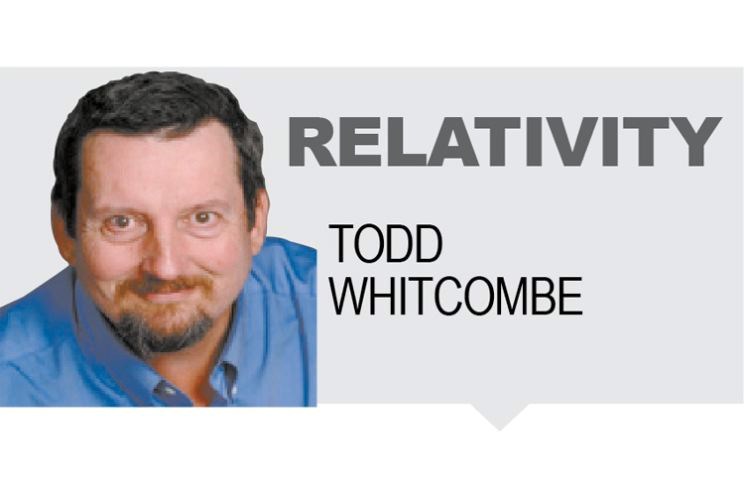May 24 was National Brother’s Day in the United States, Bermuda Day in Bermuda, Whit Monday for Christians, and for most of Canada, Victoria Day. In Quebec, it was National Patriots’ Day.
Victoria Day was instigated initially in honour of Queen Victoria’s birthday but has become a way of officially celebrating the birthday of Canada’s sovereign. Unofficially, it is the start of summer! Or let’s hope so because the weather this year has been a bit unpredictable.
But should we be celebrating the Queen or King of England? I am not suggesting we get rid of the holiday! Just asking about who we are celebrating with the event. There certainly isn’t a lot of pomp and ceremony related to Her Majesty associated with the day. And since it is always on a Monday, it doesn’t always coincide with Queen Victoria’s birthday.
Maybe it is time to think about changing the name, particularly in light of the fact that a significant portion of the country doesn’t feel like they have a relationship to a British sovereign. I don’t just mean Quebec. I am not sure the First Nations of Canada feel like celebrating a British Queen. And the Canadian Census tells us we have immigrants from just about every country in the world now living here with no connection to England.
What does it mean to be Canadian in the 21st century? Are we still an English colony?
Both my parents were born in England and immigrated to Canada in the early 1950s. I am a first generation Canadian like so many others. And yet, I don’t feel any attachment to my native England.
I am not sure I would even call myself an “English Canadian.” Sure, English is my native tongue but I think of myself as simply a Canadian and I think of the people I meet on the street, the students I teach, and the friends I have as Canadians. We are all in this together.
I am also a human being – one of approximately 7.8 billion on this planet. And at times, being human should matter more than being Canadian. During the COVID-19 pandemic is one of those times.
A recent editorial I read decried the federal government’s slow roll out of vaccines. It argued we Canadians should be getting the United States to give us more vaccines. We should be first in line to get the shots. And it lambasted Trudeau for not making that demand.
It is a sentiment that might seem right because I really don’t want to lose any member of my family, any of my friends, or anyone I know to COVID. The gut response to such an article is “damn right!” But it is not what the heart or the head should be telling us.
Our heart should be telling us everyone around the world deserves to be vaccinated. If the United States has excess vaccines, they would be better served going to Brazil where only about a quarter of the population has received a shot or India at about 15 per cent versus Canada at nearly 60 per cent. Both of those countries have been hit much harder than we have and have much more need.
Indeed, the past few weeks have been filled with daily news of the massive infection rates and loss of life in India. On May 7, India had over 400,000 in a single day which is almost three times the total for B.C. in the past year. Surely our hearts should go out to our fellow humans.
Our head should be telling us we will not be past this pandemic until every country has achieved herd immunity. And even then, herd immunity only takes the disease from being an uncontrollable epidemic which spans the world to something which is manageable similar to the flu. Some people will get sick and die every year but not at the level we are presently seeing. Not over 3.5 million people in just over a year.
Like freedom and equality, being vaccinated against the disease is something we should want for everyone. Or as Martin Luther King Jr. so succinctly put it “No one is free until we are all free.”
Freedom from worrying about the virus will not be possible until everyone in the world has been vaccinated. This includes countries in Africa, many of which have yet to vaccinate one per cent of their population.
I know there is an argument to be made that we can’t help another country until we have fixed ourselves. And this might be true. But equally true is we are a country on a planet where travel and trade ensures we are all connected.
Those connections will remain. So, we need to learn from the mistakes of the past and perhaps be a bit less demanding and more generous. After all, isn’t that the Canadian way?



